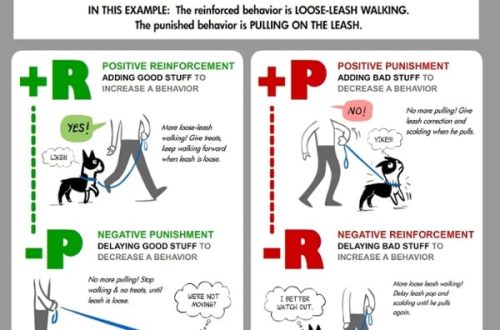
Paano nakakatulong ang mga aso na malampasan ang mga kahirapan sa buhay
Many people call dogs their best friends. And for good reason: they significantly improve the quality of our lives.
Nilalaman
Who talks to the dog: how animals affect family relationships
Scientists conducted a study involving married couples (similar in age, education, income level). The essential difference between the families was the presence or absence of dogs.
The results were interesting. It turned out that people who talk to dogs are more satisfied with their relationship with their spouse, more satisfied with their lives in general, and also boast better health.
What is even more interesting is that conversations with a spouse did not have such a “healing” power.
Simply put, couples with dogs live better than those without dogs. The participants in the experiment emphasized that they discuss life’s difficulties with dogs and receive psychological support from their pets.
The benefits of confiding conversations have been described in the literature before. But animals have not previously been among the “worthy” confidants. As it turned out, very in vain.
Animals and people with disabilities: from despair to hope
Having to put up with a serious illness or disability is one of the most horrifying experiences in a person’s life. Can dogs help with this as well?
The study (long-term) involved 48 people with severe physical illnesses (trauma, multiple sclerosis, spinal cord lesions, etc.). These people were provided with specially trained assistance dogs. Half of the group received dogs at baseline, and the other half (similar in age, sex, and health status) formed a waiting list control group that received dogs in the second year of the study.
Self-esteem, psychological well-being and the degree of integration into society were studied.
As a result, it turned out that within 6 months after the appearance of the dog, all these indicators improved. In addition, the participants in the experiment stated that they needed 70% less help around the house.
In practice, this means that dogs have helped unhappy, lonely and isolated people achieve independence and greater satisfaction with themselves and life. Participants in the experiment were able to go to college, find work at home, and make friends.
A detailed study report was published in the Journal of the American Medical Association. This was done in order for insurance companies to include the use of assistance dogs in their funding program.
Alzheimer’s disease and AIDS: do dogs help improve people’s quality of life
One of the most valuable qualities of animals is that they are consistent in their affection and are always ready to give and receive love. This is very important, especially when a person suffers from a severe, incurable disease. For example, Alzheimer’s disease.
Although people with Alzheimer’s disease need love and touch like no one else, they often suffer from an attention deficit disorder. Animals can help such people feel loved and needed, and, accordingly, provide an opportunity to cope with, to put it mildly, unpleasant changes in life.
Since conditions such as Alzheimer’s disease and AIDS are currently incurable, the goal of assisting professionals is to provide the highest possible standard of living and meet the emotional and social needs of patients. Companion animals can play an important role in achieving this goal.
For example, the role of companion animals for AIDS patients has been studied (Carmack, 1991). Conclusion: Animals provide love, support, care and acceptance sometimes completely absent from the lives of most people suffering from this terrible disease. The participants in the study were male homosexuals who stressed that the animals helped them reduce stress, relax and feel better. Interestingly, animals have been spoken of as an important source of comfort, and often as “the only ones who really listen” and “the most important thing in life.”
Carmack notes that it is possible to cope with difficulties when a person understands that he has sufficient resources. Such resources can of course be obvious (eg food, medicine, care), but they can also be emotional and therefore more difficult to measure and describe. Animals provide a special kind of emotional support to make people suffer less from illness.







